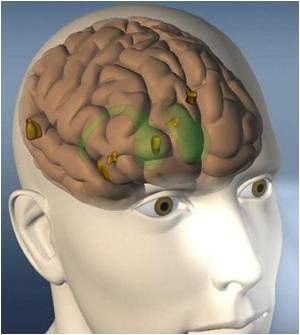A study published in bmj.com says that giving anti-clotting drugs within three hours of an acute stroke) is effective in patients aged 40 to 90 years
A study published in bmj.com says that giving anti-clotting drugs within three hours of an acute stroke) is effective in patients aged 40 to 90 years and should not be restricted in elderly patients, as current guidelines advise.
Thrombolysis for acute ischaemic stroke has proven benefits, but it is currently not recommended for patients over 80 years because of a lack of trial data for this group. Effective treatments, however, should not be withheld from older people in the absence of compelling data suggesting unacceptable risk or proved lack of benefit, especially as the proportion of older people is rapidly rising in developed countries.
So a team of researchers across Europe assessed the effect of age on response to thrombolysis in over 29,000 patients.
They collated data on 23,334 patients who underwent thrombolysis and 6,166 patients who did not undergo thrombolysis. Patients were divided into two groups - those aged 80 years or less and those over 80.
Functional outcomes (ability to carry out usual daily activities) at 90 days were measured using a recognised scoring scale.
Patients who underwent thrombolysis had significantly better outcomes than untreated patients, irrespective of age.
Although increasing age was associated with poorer outcomes, the researchers found significant benefits of thrombolysis in patients aged 40 to 90 years. Patients aged over 80 derived similar benefit from treatment as younger patients.
Advertisement
The authors conclude that treatment guidelines should be revised to remove the age restriction in use of thrombolytic therapy for acute stroke. They say age alone should not be a barrier to treatment.
These views are supported in an accompanying editorial by Dr Laurent Derex from the Neurological Hospital in Lyon, France.
Advertisement
He warns that elderly patients may be especially vulnerable to subjective judgments of the benefit of optimal stroke care, particularly when medical resources are limited. He calls for quality improvement strategies "to ensure that elderly people, who have the highest risk of stroke, have equal access to effective treatment."
Source-Eurekalert
















